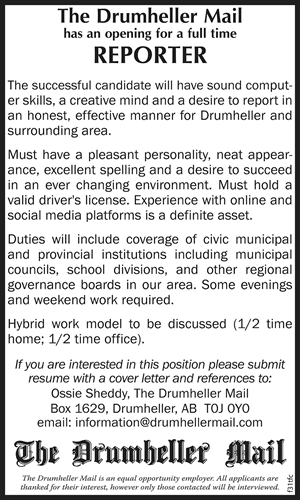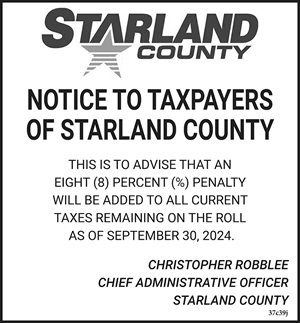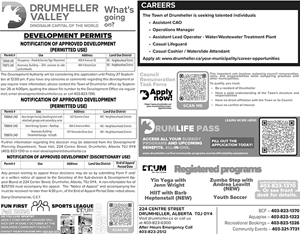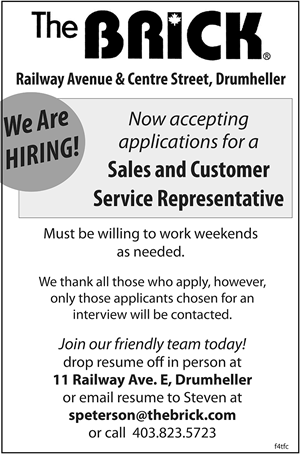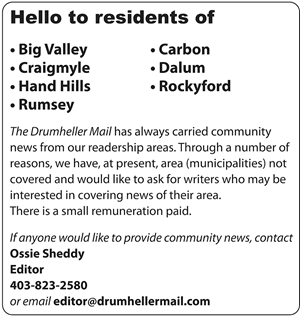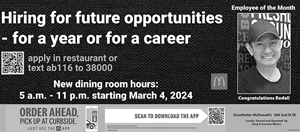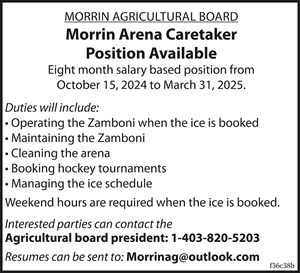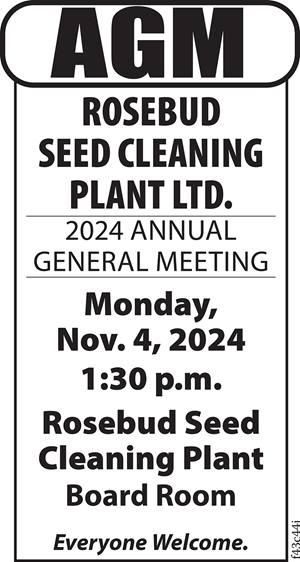
Dear Working Wise:
One of the newer members of our office just asked me if I would be willing to be her mentor. I am flattered, but a little surprised, because I feel like I’m still learning and I’m not sure if I have anything to offer. I never had a mentor. What does a mentor do? Signed, Hesitant Mentor
Dear Hesitant Mentor:
Congratulations on being asked to be a mentor. You may not feel like it, but your co-worker obviously admires you and believes she can learn from you.
Mentors are trusted advisors who have successful careers and proven track records. They make a commitment to support and encourage their mentees or protégés as they develop their careers.
Mentoring often includes:
· Providing constructive criticism and advice
· Discussing mistakes, challenges and successes
· Connecting your mentee to others who can be helpful
· Sharing what you wish you’d known when you were starting out
· Offering insight into how you make decisions and resolve conflicts
You have an opportunity to have a positive impact on someone else’s life and help them develop into a professional you and others admire.
Many teachers say they learn more from their students than their students learn from them. Mentoring can give you a new perspective on your career—offering you the opportunity to see yourself and your profession through your mentee’s eyes.
It’s an opportunity to give back to your organization or profession and strengthen your reputation for developing new talent. Mentoring can also help reignite your passion for your work and inspire you to stay on top of the latest trends and best practices.
However, you should be cautious before you agree to mentor someone. What a mentee does and how she does it will reflect on you. Choose a protégé who is trustworthy, professional and ethical. Set clear boundaries about what you expect. If you are open, ethical and supportive, you will establish a relationship with your mentee that will continue to be a source of inspiration for both of you.
If you don’t think you can effectively mentor her, though, tell her right away so that you don’t waste her time.
For more information and tips on being a mentor:
· Check to see if your organization has a mentoring program or offers resources;
· Look for books on mentoring at your local bookstore; or
· Visit the Alberta Learning Information Service (ALIS) web site at www.alis.alberta.ca and read the tip sheet: Mentoring: How to Be an Effective Mentor.
Do you have a work-related question? Send your questions to Working Wise, at charles.strachey@gov.ab.ca. Charles Strachey is a regional manager with Alberta Employment and Immigration. This column is provided for general information.



